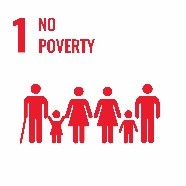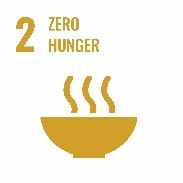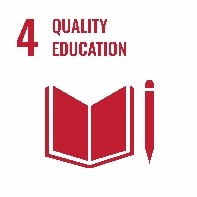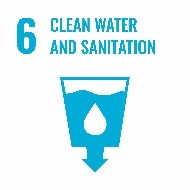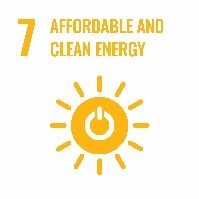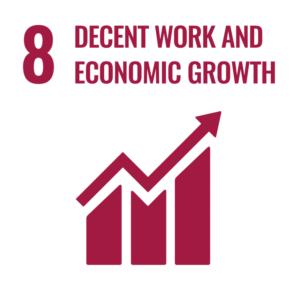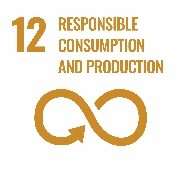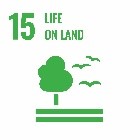Contributing to sustainable, social and economic development
Our vision is to be a spice ingredients company with profitable growth that contributes to sustainable, social and economic development. To achieve this, we have set up Nedspice Farmers Partnership Programme (NFPP) and are engaged in various activities and projects together with farmers, NGOs and business partners. We are an active member of the Sustainable Spices Initiative through which we want to sustainably transform the spices sector.
Our activities and ambitions are formulated in Nedspice Sustainable Spicing framework, which helps us to structure our activities through three main categories: Environment, Social responsibility and Quality. Each category consists of corresponding priority areas. The framework aligns with the Sustainable Development Goals (SDG) as defined by the United Nations in 2005. Our activities are developed with the aim to contribute to the achievement of these goals.
Our sustainable spicing framework is focused on the following SDGs:
For more information on the Sustainable Development Goals you can visit their website.
